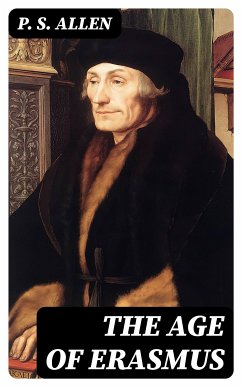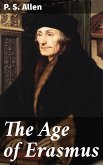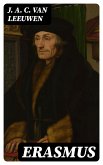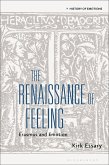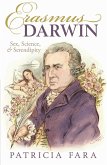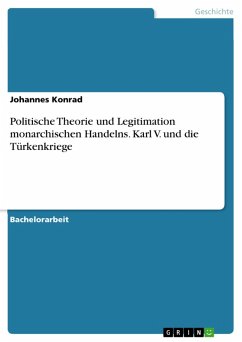In "The Age of Erasmus," P. S. Allen delves into the intricate tapestry of the Renaissance, illuminating the transformative power of humanism as epitomized by the figure of Desiderius Erasmus. Allen's erudite narrative deftly weaves together historical analysis and literary criticism, presenting Erasmus not merely as a theologian, but as a pivotal thinker whose ideas challenged the dogmas of his time. Through rich prose and meticulous scholarship, the text explores themes of faith, knowledge, and the intersection of classical literature with burgeoning modernity, skillfully contextualizing Erasmus within the broader intellectual currents of the 15th and 16th centuries. P. S. Allen, a luminary in Renaissance studies, draws from a vast repertoire of scholarly research and personal engagement with the texts of the period. His academic journey has been marked by a fascination with the transformative potential of literature and its societal implications, leading him to explore the multifaceted contributions of Erasmus to philosophy and literature. Allen's nuanced understanding of the historical context enables him to present a compelling narrative that resonates with both scholars and general readers. For anyone intrigued by the confluence of faith, art, and philosophy during one of history's most vibrant epochs, "The Age of Erasmus" is an essential read. It not only enriches our comprehension of Erasmus's influence but also invites reflection on the enduring relevance of his ideas in contemporary discourse. This scholarly yet accessible work is an invaluable contribution to the understanding of the Renaissance and its lasting legacy.
Dieser Download kann aus rechtlichen Gründen nur mit Rechnungsadresse in A, B, BG, CY, CZ, D, DK, EW, E, FIN, F, GR, H, IRL, I, LT, L, LR, M, NL, PL, P, R, S, SLO, SK ausgeliefert werden.

